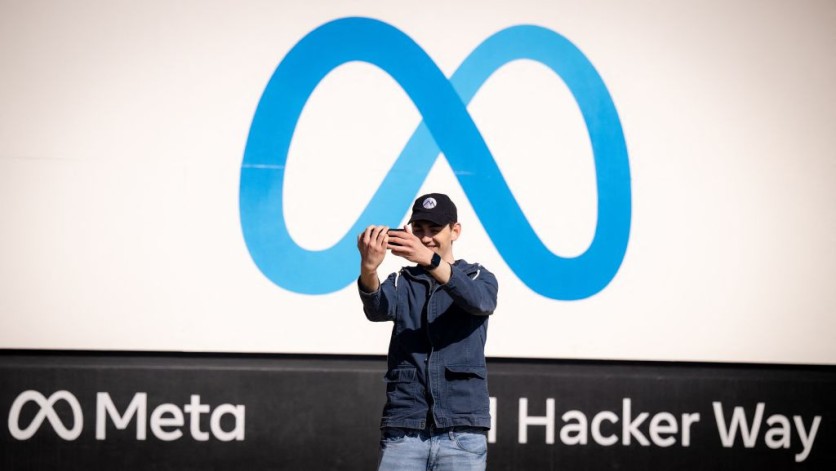Meta, the parent company of Facebook, has announced that it will prohibit political campaigns and advertisers in regulated industries from using its new generative AI advertising tools, Reuters reports.
This decision aims to prevent the potential misuse of AI-generated content in political campaigns, which has raised concerns about the spread of election misinformation.
As the world's second-largest platform for digital ads, Meta's policy shift holds considerable importance in the evolving landscape of AI in advertising.

Meta's New Policy on Political Campaigns
Meta made this policy public in an update posted to its help center, responding to the growing concerns about the impact of generative AI on the advertising landscape.
While Meta's existing advertising standards already prohibit content that fact-checking partners have debunked, they lacked specific rules addressing AI-generated content.
The new rules explicitly state, "Advertisers running campaigns that qualify as ads for Housing, Employment or Credit or Social Issues, Elections, or Politics, or related to Health, Pharmaceuticals or Financial Services aren't currently permitted to use these Generative AI features."
This move is intended to better understand the potential risks associated with AI-generated content in ads dealing with sensitive topics in regulated industries.
This policy shift comes a month after Meta began expanding access to AI-powered advertising tools, which can instantly create backgrounds, adjust images, and generate ad copy variations based on simple text prompts. Initially, these tools were available to a select group of advertisers and are set to roll out globally next year.
Other Tech Giants, Important Concerns
Notably, this decision sets Meta apart from other tech giants like Alphabet's Google, which recently launched similar generative AI ad tools. Google plans to exclude politics from its AI products by blocking specific "political keywords" from being used as prompts, as well as requiring election-related ads with synthetic content to include a disclosure.
TikTok already bans political ads, while Snapchat owner Snap blocks them in its AI chatbot and employs human review to fact-check political ads, scrutinizing their use of AI-generated content. Meanwhile, Twitter, now known as X, has yet to introduce generative AI advertising tools.
Meta's top policy executive, Nick Clegg, emphasized the need to update rules surrounding generative AI in political advertising, recognizing it as an area with significant potential for misuse.
Clegg expressed concerns about the technology being used to interfere in upcoming elections in 2024 and called for a specific focus on election-related content moving across platforms.
Earlier, Meta took steps to limit its user-facing Meta AI virtual assistant from generating photo-realistic images of public figures, underlining its commitment to developing a system to "watermark" AI-generated content.
The company currently bans misleading AI-generated video in all content, with exceptions for parody or satire, a stance that its independent Oversight Board has scrutinized.
Stay posted here at Tech Times.
Related Article : Meta's New Reels A/B Testing Tool Empowers Creators to Improve Their Facebook Presence





